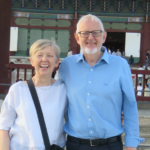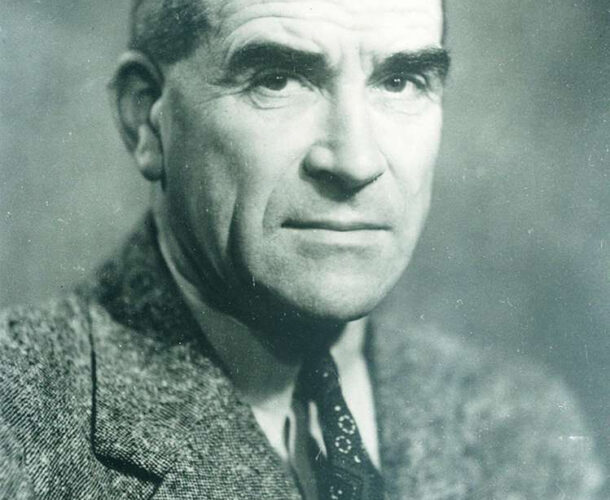Institute scientist, Mr Henry Searby FRCS, has been working closely with the Melbourne Hospital since 1921 to analyse 958 cases of cancer treatment. Funded by the Australian Government, the study aims to gain, “useful information in regard to the regional distribution of cancer among the hospital population, the expectation of life in treated and untreated cases, and the effect of delay in coming for treatment.”1
Searby’s research paper describes disease progress and compares treatment outcomes between the types of cancer cases presented. The study found early diagnosis of bowel and stomach cancer could lead to successful treatment.
The paper’s publication has prompted the Victorian Government to form a committee to advise the Minister of Public Health on the treatment of cancer in the state. The committee is to “review current research, best methods of advancing research, of improving treatment, and of achieving coordination with cancer activities elsewhere in Australia.”2 Dr Charles Kellaway will act as committee chair.
1 Walter and Eliza Hall Institute 1925, Annual Report 1927-1927, Walter and Eliza Hall Institute, Melbourne, Victoria, p29
2 Walter and Eliza Hall Institute 1925, Annual Report 1928-1929, Walter and Eliza Hall Institute, Melbourne, Victoria, p36




